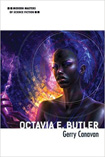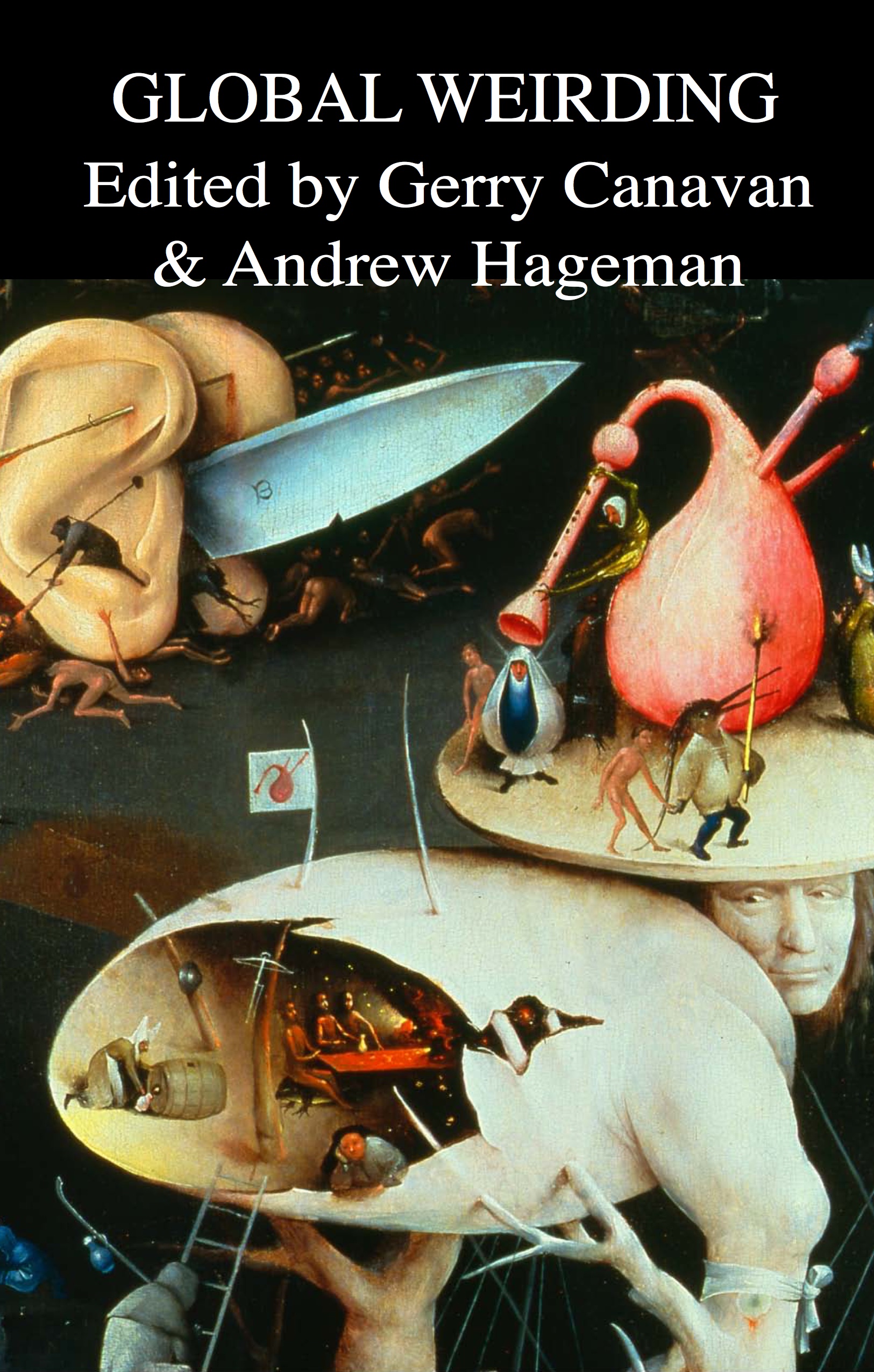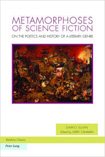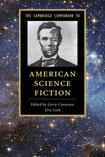Sunday Night Lights
 * The Wrong Side of the Heart: this weekend’s dose of vintage movie poster greatness.
* The Wrong Side of the Heart: this weekend’s dose of vintage movie poster greatness.
* AskMetaFilter has all the huge-nerd podcasts I crave.
* Dr. Metzinger first proposes his thesis: there is no such thing as the self. The subjective sense of being a conscious person – the sense of being a self that is distinct from the body and present in a single, unified reality – is not a separate, coherent brain function but rather the result of many different systems running at the same time. I was telling you people this years ago!
* Four lesser-known members of the Fantastic Four. I’d never even heard of She-Thing.
* Pension war update: “…public employees and their dominance of blue states is going to be the biggest issue in this country for the next several years.”
* Marco Roth vs. the “neuronovel.”
The last dozen years or so have seen the emergence of a new strain within the Anglo-American novel. What has been variously referred to as the novel of consciousness or the psychological or confessional novel—the novel, at any rate, about the workings of a mind—has transformed itself into the neurological novel, wherein the mind becomes the brain. Since 1997, readers have encountered, in rough chronological order, Ian McEwan’s Enduring Love (de Clérambault’s syndrome, complete with an appended case history by a fictional “presiding psychiatrist” and a useful bibliography), Jonathan Lethem’s Motherless Brooklyn (Tourette’s syndrome), Mark Haddon’s Curious Incident of the Dog in the Night-Time (autism), Richard Powers’s The Echomaker (facial agnosia, Capgras syndrome), McEwan again with Saturday (Huntington’s disease, as diagnosed by the neurosurgeon protagonist), Atmospheric Disturbances (Capgras syndrome again) by a medical school graduate, Rivka Galchen, and John Wray’s Lowboy (paranoid schizophrenia). And these are just a selection of recently published titles in “literary fiction.” There are also many recent genre novels, mostly thrillers, of amnesia, bipolar disorder, and multiple personality disorder. As young writers in Balzac walk around Paris pitching historical novels with titles like The Archer of Charles IX, in imitation of Walter Scott, today an aspiring novelist might seek his subject matter in a neglected corner or along some new frontier of neurology.
Via MeFi, which also links to the Jonah Lehrer’s response.
* And what Harlan Ellison makes, the world takes. Also via MeFi.










The fact that the self is not unitary or continuous does not preclude its existence, any more than the fact that I’m typing these words here and now and you’re reading them later, hundreds of miles away, precludes that we are having a conversation.
(And I don’t need to prove to you that I exist, just to myself: cogito ergo sum.)
More interesting is what he gets at in later chapters: “Dr. Metzinger has frequently experienced lucid dreams and has used that lucidity to explore the dream-state as a scientist, investigating it as a state that sheds light on aspects of the conscious experience, on the various elements that create the self: how they are constructed and how they are woven into one’s dream consciousness.”
However, you “it’s a process” reductionists still haven’t answered to my satisfaction the basic question: “Why is there always someone *having* the experience?” Qualia, baby, you dig? It’s the second biggest question ever, after “Why is there something instead of nothing?”
– Just Another P-Zombie (http://en.wikipedia.org/wiki/Philosophical_zombie)
Alex Chaffee
January 3, 2011 at 10:57 am
Isn’t this just the equivalent of saying “Nuh huh, I do so exist”? A self that is not unitary or continuous isn’t a self in the sense that that word has always been used, it seems to me; it’s like claiming that my dog is still a dog even if it’s a dead cat…
“Why is there always someone *having* the experience?”
Well, that begs the question that there’s actually “always” “someone” “having” an “experience.” That’s the very thing we’re arguing about!
gerrycanavan
January 3, 2011 at 12:39 pm
The question “Why is there always someone *having* the experience?” was a direct quote from the dude who wrote the book! So ha! Was he begging the question? And anyone who thinks for 2 seconds about sleep or unconsciousness (not to mention death) knows that the self is not continuous, and anyone who has ever experienced mood swings or forgetfulness knows that it’s not unitary, and no, I don’t buy your dead cat analogy, cause, ugh, who would buy a dead cat? Gross.
But in point of fact I’m less interested in “self” than “experience”. I know that many of the times I feel most alive and in the moment are times when I’m not self-aware at all; instead I’m concentrating on a problem or a movie or another person, and not myself at all, yet my experiences are vivid and even if they can be reduced to a functional MRI that doesn’t come close to describing them. So “self-aware” is not the issue; “aware” is. Whence awareness? Whither qualia?
I can’t prove I’m aware, but neither can you prove I’m not — that’s the essential problem of subjectivity, and logic and science are based on objectivity so they’re of little help here. So I’m not trying to prove to you that I exist; instead I’m trying to cajole you into admitting that *you* exist.
In short, with apologies to Tom Nagel: There is something that it is like to be Daniel Dennett.
Alex Chaffee
January 3, 2011 at 6:27 pm
Or, as Lehrer wrote about McEwan’s novel in the Wired article you linked to a few bullets down, “Henry knows that the real gift of our matter is to let us be more than matter. While operating on an exposed brain, Henry ruminates on the mystery of consciousness. He knows that even if science “solves” the brain, “The wonder will remain. That mere wet stuff can make this bright inward cinema of thought, of sight and sound and touch bound into a vivid illusion of an instantaneous present, with a self, another brightly wrought illusion, hovering like a ghost at its center. Could it ever be explained, how matter becomes conscious?””
McEwan puts it nicely, don’t you think?
Alex Chaffee
January 3, 2011 at 12:37 pm
Thanks for the PSFR shout-out!
Bill Simmon
January 4, 2011 at 4:53 pm